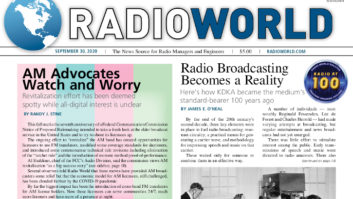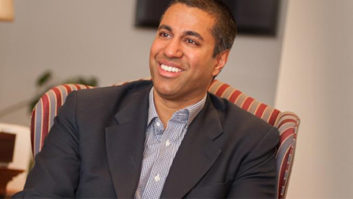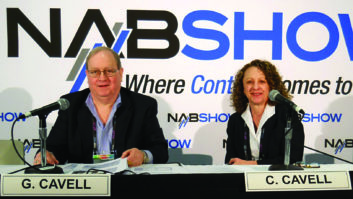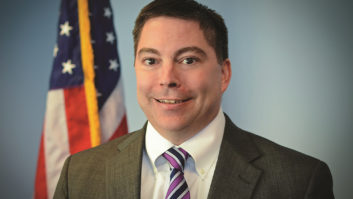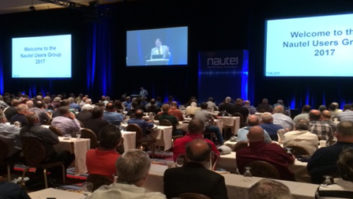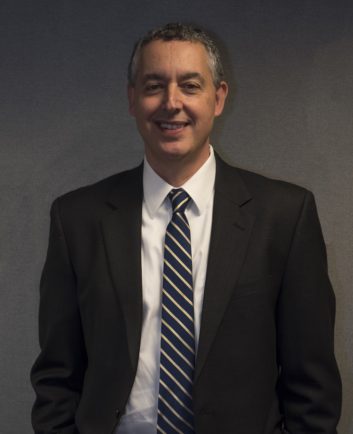
Radio World talked with Al Shuldiner, chief of the FCC’s Audio Division, about the commission’s stance on AM revitalization and what’s next in the proceeding.
This is a companion piece to the article “AM Advocates Watch and Worry.”
Radio World: Is AM revitalization still a focus?
Al Shuldiner: We remain focused on helping AM broadcasters to serve the public and to address the technical constraints of the AM band. We view the AM revitalization proceeding as a big success story.
Through that proceeding, the commission was able to eliminate unnecessary technical constraints on AM stations, allow the relocation of FM translator stations and authorize a large number of new cross-service FM translators.
We believe these efforts have helped a significant number of AM stations improve service and remain viable.
RW: How about AM digital and the potential of multicasting? What’s next?
Shuldiner: The commission has an open rulemaking on all-digital AM service. Commenters in that proceeding expressed strong industry support for the commission’s proposals to allow AM stations to convert to all-digital operation and we hope to move forward in that proceeding by the end of the year. [Ed. Note: Subsequent to this interview, Chairman Ajit Pai announced that the FCC will vote on this in October.]
At the same time, the Media Bureau has continued its support for the industry’s interest in all-digital operation through the grant of experimental authorizations. Broadcasters have begun discussing AM multicasting, but the commission has not seen any detailed information on that topic.
Multicasting for AM stations could allow AM broadcasters to introduce a range of new programming for the public. It will be interesting to see if the industry develops technical reports on AM multicasting for broadcasters and the FCC to consider.
RW: Is reducing nighttime signal protection for the 50 kW Class A AM stations going to happen?
Shuldiner: Almost two years ago, the commission sought comment on proposals to modify the interference protection criteria for Class A AM stations. Our goal was to maintain important protections for these vital stations but, at the same time, to increase the opportunity for other classes of AM stations to improve local service.
FEMA expressed concern about the impact of our proposal on Class A stations and their ability to deliver a presidential message during a national emergency. We have not identified a viable way to advance our proposal while addressing FEMA’s concerns.
We remain open to working with the industry to find a path forward on these proposals but do not have any immediate plans to change those protection levels.
RW: And will the impact of COVID-19 and the current economic climate influence the FCC’s view of AM revitalization?
Shuldiner: Unfortunately, the COVID-19 pandemic and economic downturn associated with the pandemic have been particularly challenging for AM broadcasters. Since March, we have been in close contact with many broadcasters to find ways to provide temporary regulatory relief to address issues related to the pandemic.
We also have heard from numerous AM broadcasters concerning unbuilt cross-service translator stations from Auctions 99 and 100. Those construction permits will begin to expire in January 2021.
Based on the pandemic’s impact on capital budgets for AM stations and the constraints the pandemic has imposed on station construction, equipment availability and travel, we recently announced a program to allow permittees of those translator stations with permits expiring during the first six months of 2021 to apply for a waiver of the construction deadline.
We hope that providing an additional six months to construction these important translator stations will help ensure that AM broadcasters have access to these critical cross-service facilities.







